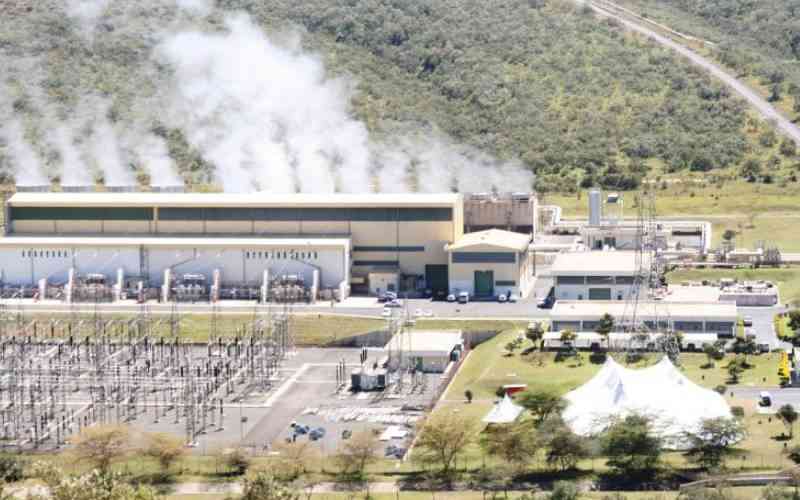×
The Standard e-Paper
Home To Bold Columnists

Most host communities where renewable energy is sourced do not have access to electricity or it is too expensive for them.
Indigenous Peoples and Local Communities (IPLCs) who have to put up with conditions of energy production and development are now calling for a change in energy transmission.






